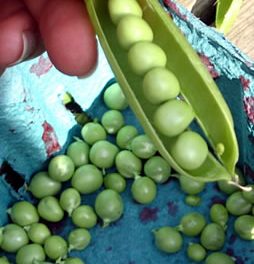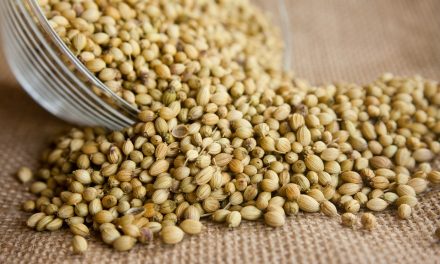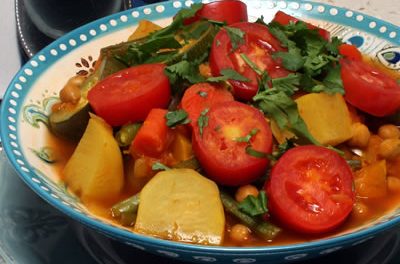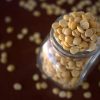Boosting vegetable consumption is an important step to promoting overall health, but preparing them in a way that maximizes their nutritional value is important, too.
Scientific analysis shows that too much heat and water can cause the loss of some vitamins, minerals and other healthful plant compounds called phytochemicals. The key to retaining vegetables' nutrients is to cook them quickly and with little water.
Boiling vegetables in a pan of water was long the traditional cooking method. Studies have found that this leads to loss of water-soluble vitamins like vitamin C and folate, an important B vitamin.
Now studies show that certain antioxidant cancer-fighting phytochemicals are also lost in cooking water. Broccoli and other cruciferous vegetables, for example, contain antioxidants called glucosinolates.
When comparing boiled to steamed broccoli, analysis found that steamed broccoli lost little of the vitamin C it contained when raw and contained more glucosinolates than boiled broccoli.
This advantage of steaming rather than boiling vegetables was confirmed in another study with spinach and broccoli. Steaming produced no significant loss of folate, even after 4.5 minutes of steaming spinach and 15 minutes steaming broccoli. Yet when these vegetables were cooked by boiling in water, each lost more than half its folate.
Another study showed that zucchini, beans and carrots cooked in a small amount of water were significantly higher in phytochemicals called flavonoids than those cooked in larger amounts of water.
In yet another study, cruciferous vegetables, including broccoli, Brussels sprouts and cabbage, lost about 90 percent of their glucosinolates when boiled, but showed no significant loss when steamed, microwaved or stir-fried.
The impact of cooking vegetables in a microwave depends upon how it is done. Microwaves offer the advantage of cooking vegetables quickly, often even more quickly than steaming.
A quick cooking time minimizes the loss of heat-sensitive vitamins, such as vitamins C and B (including folate). The key is to use the least amount of water required. Broccoli immersed in water while cooking in a microwave lost 74 to 97 percent of its antioxidants in one study. But as long as there is just the minimal amount of water required, studies show no significant loss of vitamins or healthful phytochemicals.
Stir-frying is another method of cooking that studies show retains nutrients and protective phytochemicals.
It's important to control the amount of oil you use, since many vegetables absorb all the oil, which is a concentrated source of calories. Although stir-frying uses high temperatures, vegetables are chopped into relatively small pieces. This causes them to cook quickly and to minimize the breakdown of heat-sensitive nutrients.
Oven roasting is another way to cook vegetables without immersing them in water. Because this involves higher temperatures for longer periods of time often 30 to 40 minutes at 400 degrees vegetables may lose a small amount of some nutrients when compared to other water-free cooking methods. But there is no loss of vitamins or phytochemicals in cooking water.
And for many vegetables, including onions, parsnips, winter squash, eggplant, sweet potatoes and onions, the flavor is so enhanced by this cooking method that it makes eating substantial portions a treat.
There are plenty of ways you can use minimal cooking water and cooking time, while still retaining vegetables' flavor and nutrients.
When steaming vegetables, for example, try adding to the water subtle flavors, such as soy sauce or citrus. You can toss steamed orange vegetables with a small amount of honey or maple syrup.
AICR










